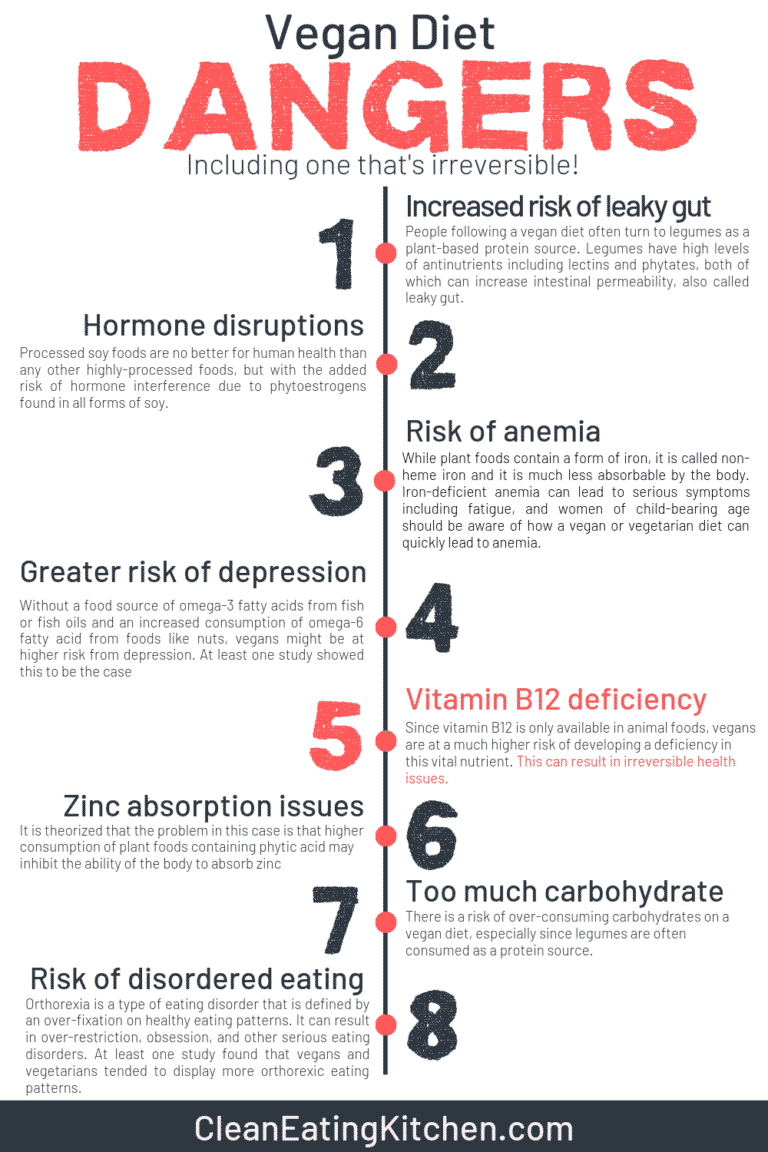A nice bit of skating Brian but we can keep going like this till the cows come home. Basing an argument on one very biased video that addressed nothing. Where did I state about Africans and animal husbandry. You are up to your old tricks when you lose the argument you misrepresent and come out with personal insults. My Anglo-Saxon mindset?

. Referring to "stress". I have never done that but that is the consequence of your narrow minded thinking.
you wrote:And I bet some of your friends are black or gay as well.
Nice one. A bit low but is expected. Just why? Who is ignoring who?
Health effects of vegan diets
ABSTRACT
Recently, vegetarian diets have experienced an increase in popularity. A vegetarian diet is associated with many health benefits because of its higher content of fiber, folic acid, vitamins C and E, potassium, magnesium, and many phytochemicals and a fat content that is more unsaturated. Compared with other vegetarian diets, vegan diets tend to contain less saturated fat and cholesterol and more dietary fiber. Vegans tend to be thinner, have lower serum cholesterol, and lower blood pressure, reducing their risk of heart disease. However, eliminating all animal products from the diet increases the risk of certain nutritional deficiencies. Micronutrients of special concern for the vegan include vitamins B-12 and D, calcium, and long-chain n-3 (omega-3) fatty acids. Unless vegans regularly consume foods that are fortified with these nutrients, appropriate supplements should be consumed. In some cases, iron and zinc status of vegans may also be of concern because of the limited bioavailability of these minerals.
If it was a natural diet these concerns would not arise.
A further conclusion:
Further research is needed to explore the relation between consuming plant-based diets and risk of cancer because there are many unanswered questions about how diet and cancer are connected. To date, epidemiologic studies have not provided convincing evidence that a vegan diet provides significant protection against cancer. Although plant foods contain many chemopreventive factors, most of the research data comes from cellular biochemical studies
As long as the calcium and vitamin D intake of vegans is adequate, their bone health is probably not an issue because their diet contains an ample supply of other protective factors for bone health. However, more studies are needed to provide more definitive data on the bone health of vegans
Taking pills. Great.
DIETARY RECOMMENDATIONS FOR OPTIMAL VEGAN DIETS
1) To avoid B-12 deficiency, vegans should regularly consume vitamin B-12–fortified foods, such as fortified soy and rice beverages, certain breakfast cereals and meat analogs, and B-12–fortified nutritional yeast, or take a daily vitamin B-12 supplement. Fermented soy products, leafy vegetables, and seaweed cannot be considered a reliable source of active vitamin B-12. No unfortified plant food contains any significant amount of active vitamin B-12.
2) To ensure adequate calcium in the diet, calcium-fortified plant foods should be regularly consumed in addition to consuming the traditional calcium sources for a vegan (green leafy vegetables, tofu, tahini). The calcium-fortified foods include ready-to-eat cereals, calcium-fortified soy and rice beverages, calcium-fortified orange and apple juices, and other beverages. The bioavailability of the calcium carbonate in the soy beverages and the calcium citrate malate in apple or orange juice is similar to that of the calcium in milk (78, 79). Tricalcium phosphate–fortified soy milk was shown to have a slightly lower calcium bioavailability than the calcium in cow milk (78).
3) To ensure an adequate vitamin D status, especially during the winter, vegans must regularly consume vitamin D–fortified foods such as soy milk, rice milk, orange juice, breakfast cereals, and margarines that are fortified with vitamin D. Where fortified foods are unavailable, a daily supplement of 5–10 μg vitamin D would be necessary. The supplement would be highly desirable for elderly vegans.
4) A vegan should regularly consume plant foods naturally rich in the n-3 fatty acid ALA, such as ground flaxseed, walnuts, canola oil, soy products, and hemp seed–based beverages. In addition, it is recommended that vegans consume foods that are fortified with the long-chain n-3 fatty acid DHA, such as some soy milks and cereal bars. Those with increased requirements of long-chain n-3 fatty acids, such as pregnant and lactating women, would benefit from using DHA-rich microalgae supplements.
5) Because of the high phytate content of a typical vegan diet, it is important that a vegan consume foods that are rich in zinc, such as whole grains, legumes, and soy products, to provide a sufficient zinc intake. Benefit could also be obtained by vegans consuming fortified ready-to-eat cereals and other zinc-fortified foods.
All artificial. A useless diet in other words and certainly not natural. I have not mentioned the ethics of vegans.
"Wat is het een gezellig boel hier".
